Taking care of your skin is not just about vanity; it’s a vital aspect of overall health. However, the world of skincare can sometimes feel like a pricey adventure. To help you navigate this terrain without breaking the bank, we’ve debunked some common myths.
You don’t always need the most expensive products for effective skincare. Quality doesn’t always come with a hefty price tag, and understanding the essentials can save you from unnecessary expenses. By busting these myths, we hope to guide you towards making informed and budget-friendly choices that prioritize both the health of your skin and your wallet. After all, good skincare doesn’t have to cost a fortune!
1. Myth: The higher the SPF of your sunscreen, the better.
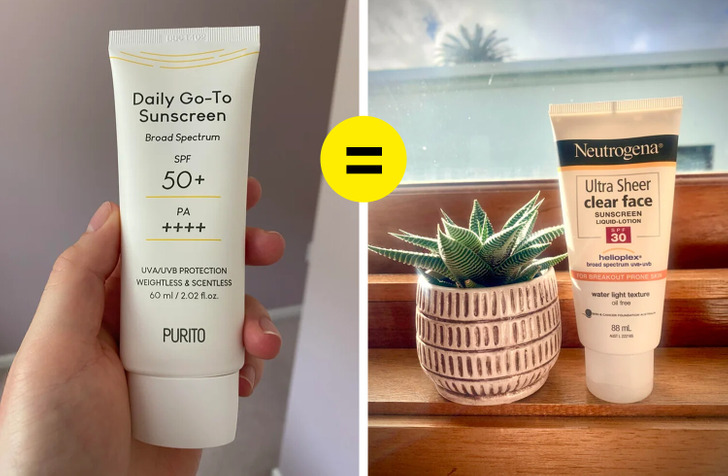
When it comes to sunscreen, going for a higher sun protection factor (SPF) isn’t always significantly better than a lower one. Experts usually suggest using at least SPF 30, as it blocks out 97% of UVB radiation. If you plan on spending extended time outdoors, especially during peak sun hours (10 a.m. to 2 p.m.), a higher SPF might be worth considering for added protection beyond two to three hours. However, in most cases, the extra cost of a higher SPF may not be justified.
For reference, SPF 15 blocks about 93% of radiation, SPF 30 stops 97%, and SPF 50 can shield you from 98%. Since no sunscreen can provide 100% protection against UV radiation, the difference between using SPF 30 and SPF 50 sunscreen is not significant. So, don’t feel compelled to splurge on the highest SPF available.
2. Myth: Antibacterial soap is best for keeping your skin clean.
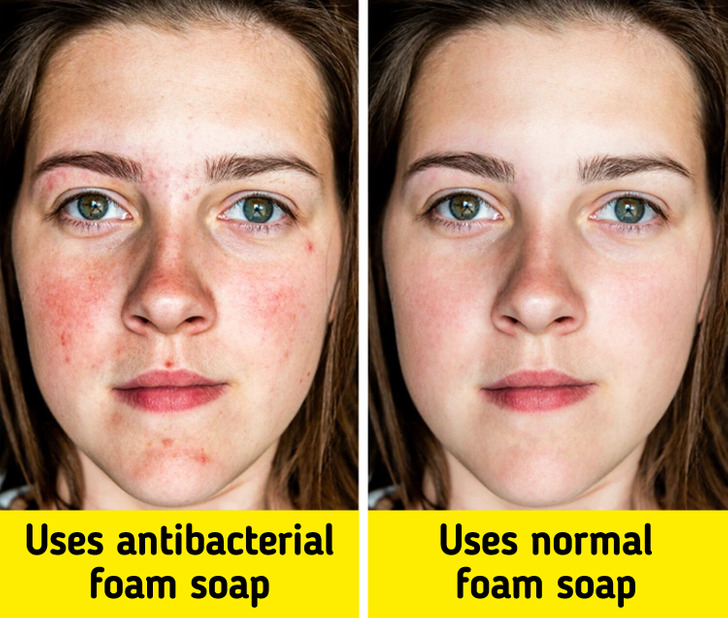
Ever heard of antiseptic soap or antimicrobial soap? Well, that’s the same as antibacterial soap! It’s like your regular soap but with some extra chemicals to fight off bacteria and keep infections at bay. Now, these antibacterial soaps might have a special ingredient called triclosan or triclocarban, not found in your plain soap. This ingredient works to kick bacteria to the curb.
But, here’s the catch. While they’re tough on bacteria, these soaps can also be a bit harsh on your skin. They might wipe out not just the bad, but also the good bacteria on your skin. Plus, those added chemicals can strip away your skin’s natural oils, leaving it dry and kinda irritated. Another thing to watch out for is that using antibacterial soap might make you feel super clean, but it doesn’t mean you should skip washing regularly. So, keep those hands suds up!
3. Myth: The more expensive the better
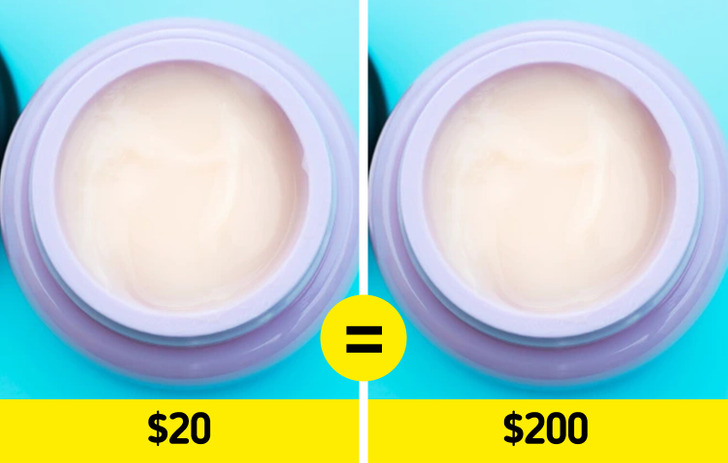
Just because something costs a pretty penny doesn’t automatically make it better or more effective than a cheaper alternative. The expert points out that the most expensive products aren’t always the ones with the most scientific backing, even if they boast “rare” ingredients.
So, when it comes to moisturizers, the gap between an affordable one and a pricier option could boil down to a few things: how it’s marketed, the fancy packaging it comes in, and perhaps some special ingredients exclusive to the expensive brand. According to the doctor, those high-end brands might be touting proprietary ingredients, which could mean they’re bringing in newer technology that might give their product a bit of an edge. But hey, it’s not always about the price tag!
4. Myth: Natural, botanical skincare products are better for your skin.
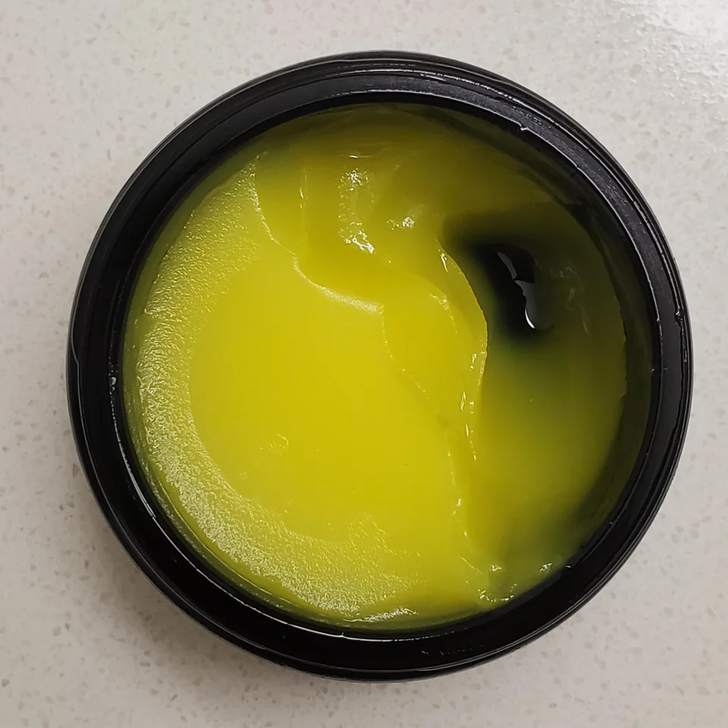
If you’re into organic skincare, it means your product should be packed with plant-based goodness that’s been grown and processed organically. Think plant extracts, oils, butters, and essential oils — the good stuff straight from nature. Look out for the USDA organic seal; if it’s there, it means at least 95% of the ingredients are organic.
Now, don’t get “natural” confused with being entirely safe or eco-friendly. Some products labeled as “natural” might still have ingredients that aren’t great. Take squalane, for instance, a hydrating substance that’s sometimes sourced from sharks, contributing to shark hunting. Yikes!
And here’s a heads-up: even organic cosmetics can trigger allergies. Certain botanical essential oils, like bergamot for its citrusy scent, can make your skin super sensitive to the sun, potentially causing nasty burns. Now, allergies are a thing, and some common culprits are chamomile, lavender, soy, and green tea extract. But hey, many people use these products without any issues. It’s only a concern if you happen to be sensitive or allergic to these specific ingredients. So, always check those labels!
5. Myth: Granular exfoliants are terrible for your skin.
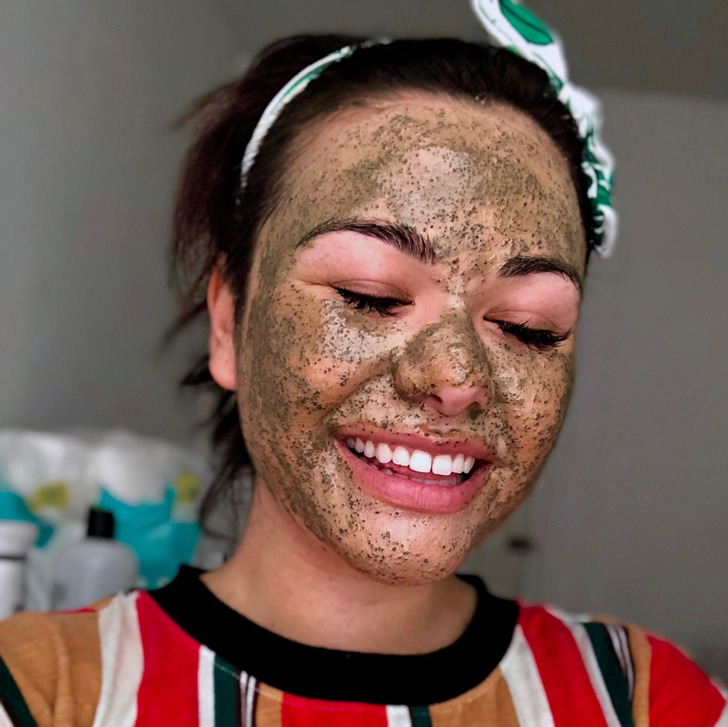
So, here’s the scoop on a certain apricot-based exfoliator that’s been hanging out on drugstore shelves for ages. The skincare experts from various companies are waving red flags about it. Turns out, using exfoliators with nutshells and apricot pits can actually harm your skin. They got a bit of a bad rap, but the truth is, granular exfoliation can be awesome if you do it right.
Now, instead of grabbing products with rough shells or pits that can create tiny tears in your skin, consider gentler options like sugar crystals. According to dermatologist Rachel Burns, you can whip up a natural exfoliant right in your kitchen. Just mix coconut oil with used coffee grounds or granulated sugar to your liking, slather it on your skin using gentle circular motions, rinse it off, and moisturize as usual (consult with your dermatologist if it fits you).
6. Myth: Using the same skincare ingredient over time can cause the skin to become immune to its benefits.
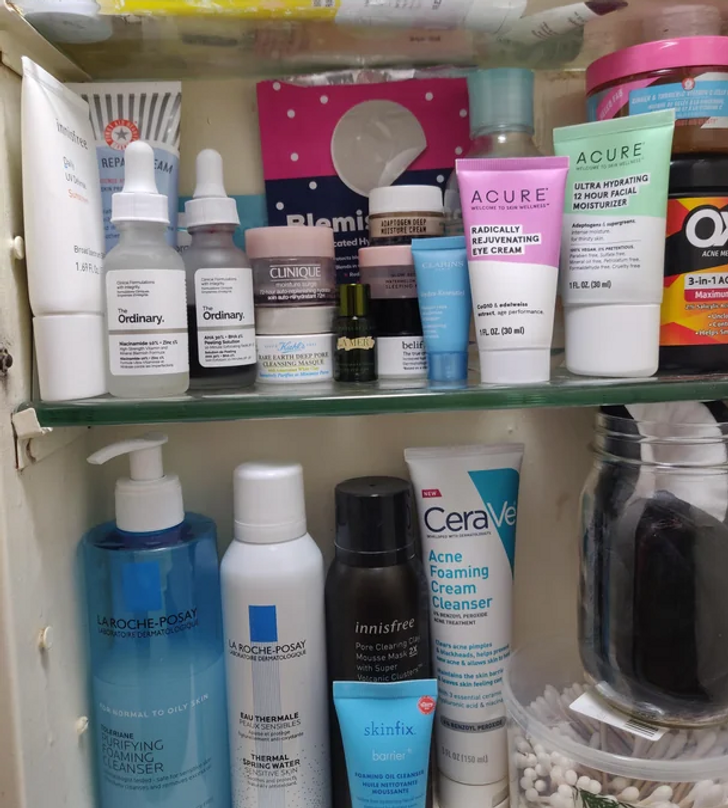
According to a doctor, your skin doesn’t develop an immunity to skincare products over time. While your skin can become tolerant to specific ingredients without any negative effects, there’s no direct process for your skin to become immune to the benefits of skincare products.
The specialist emphasized that if you feel your products aren’t doing the trick, it’s best to consult with your aesthetician or dermatologist to figure out what’s going on and make changes carefully. So, no need to worry about your skin getting too used to your favorite products and spend more money to buy new ones.
7. Myth: Pores can get smaller.
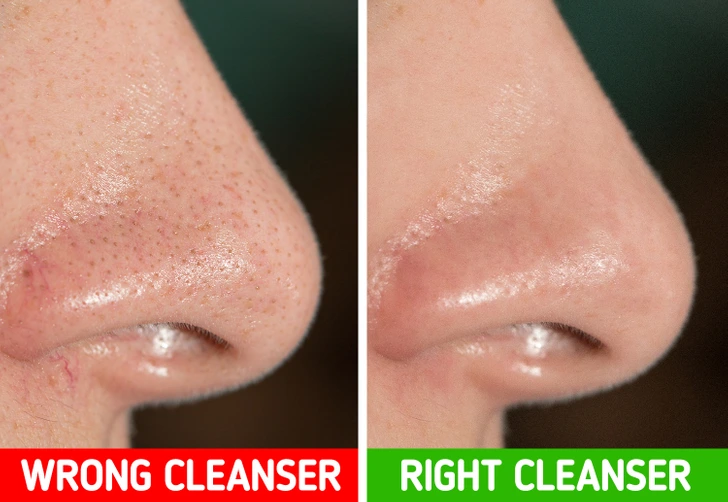
Let’s talk pores — those little guys are mostly determined by your genes, just like your height or the color of your skin, hair, and eyes. It’s all in your DNA, and unfortunately, there’s no magic trick to make big pores smaller. But hey, that’s okay — you wouldn’t want facial care products messing with your genes anyway.
There are tips on “how to shrink pores,” but most of those are just myths floating around beauty circles. While you can’t magically make your pores smaller, you can use products that give your skin some extra love and boost its overall health. When your pores are clogged with gunk like dirt, oil, and bacteria, they can look bigger than usual. And don’t forget, sun damage can play a role too, making pores appear larger by messing with the collagen, elastin, and moisture that keep your skin plump and happy. Take care of your skin, and it’ll thank you!
8. Myth: Creams can cure dark eye circles.
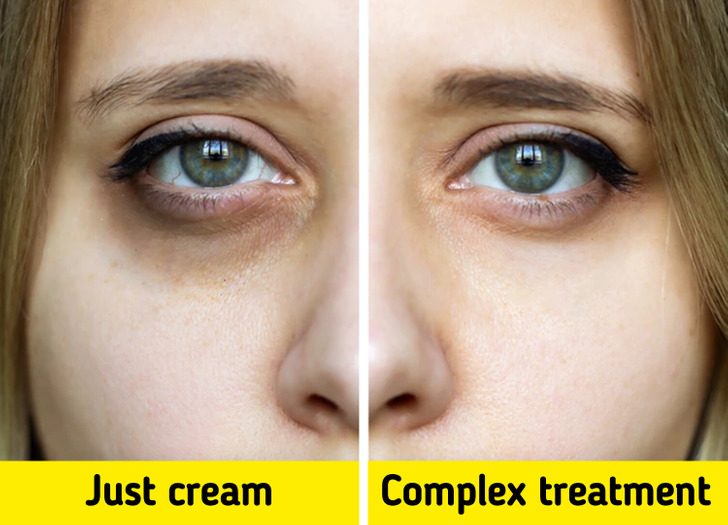
The beauty world is filled with creams and serums promising to work their magic on them. And yeah, these products can help a bit, but here’s the scoop: relying solely on creams might not give you the long-lasting results you’re dreaming of. Dark circles usually come from a mix of things like genetics, lifestyle habits, and the environment.
To really tackle the issue, it’s all about taking a holistic approach. That means making some lifestyle tweaks, getting into a good skincare routine, and hey, if needed, exploring some medical treatments. It’s like a team effort to give those dark circles a run for their money.
9. Myth: Serums can be used on their own.
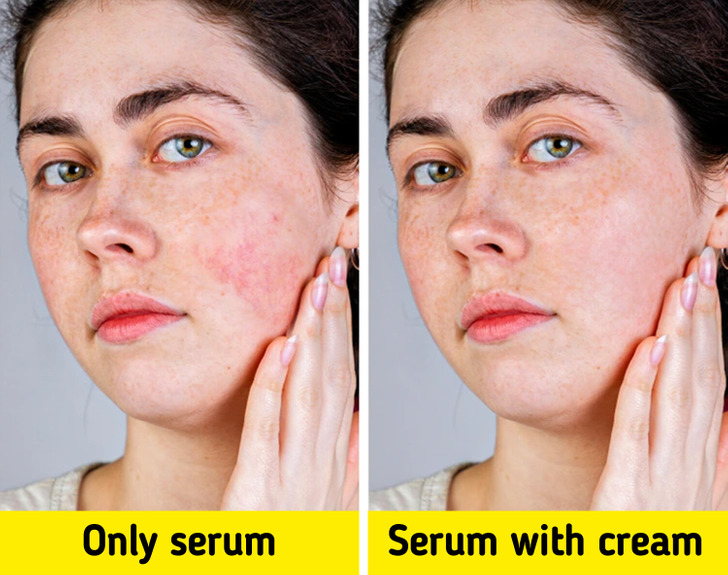
If you’ve got your hands on a serum, kudos to you! Serums are like the superheroes of skincare — packed with powerful ingredients like antioxidants and humectants that do wonders for your skin.
But here’s the lowdown: even though serums are awesome, don’t forget about your faithful moisturizer — especially if your serum feels more like a lotion. Moisturizing is a big deal in skincare because your skin’s got a crucial job — protecting your whole body! Moisturizers are like the sidekicks that help shield your skin from the elements and keep it all nice and hydrated.
Sure, some serums have hydrating stuff like hyaluronic acid, but here’s the trick — seal the deal by layering on a moisturizer over your serum. It’s like giving your skin a double dose of love.
Beauty doesn’t always come with a high price tag; affordable products and simple routines can be just as effective in enhancing your natural radiance. There are plenty of budget-friendly options that deliver fantastic results without breaking the bank.





